‘We are republicans by nature ... The only question is when we will get there’: Republic movement quietly gears up for another go
Republicans view the coronation as the kick-off for the next – and they hope the final – national debate about Australia becoming a republic.
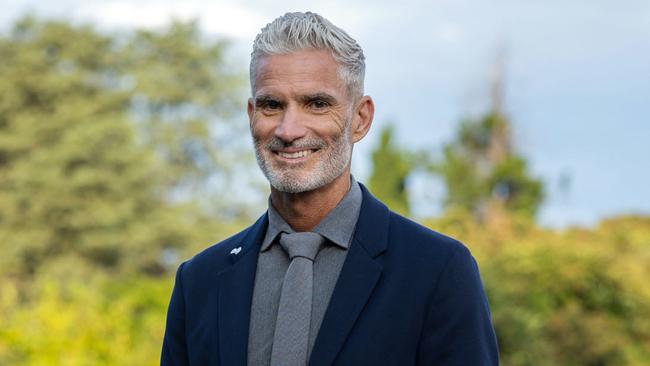
Rather, it is because republicans view his crowning as the kick-off for the next – and they hope the final – national debate about Australia becoming a republic.
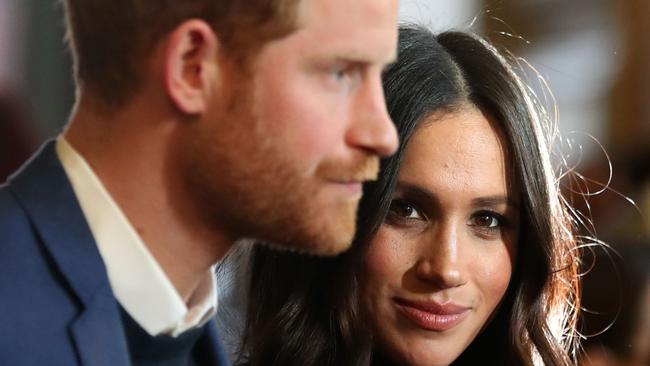
“The coronation is an important moment for Australia and the push for a republic and Australian head of state because it will build awareness among all Australians that their head of state is Charles, something which a number of Australians do not realise,” ARM co-chairman Craig Foster tells Inquirer.
“It will bring into sharp focus all the conversations underway about truthful history, reconciliation and the place of the crown in our national story.”
The ARM is desperately hoping the shocks that have convulsed the royal family across the past six months – from the death of the popular Queen Elizabeth II, to the tabloid fodder of the rift between the royals and Prince Harry and his wife Meghan, to the crowning of the less popular Charles – will reignite passion for a debate that has been weighed down by apathy for more than a decade.
“Support for an Australian head of state naturally surged following the passing of Elizabeth, as Charles simply does not have the same emotional connection, or indeed any connection, to ordinary Australians,” Foster says.
“Given his family history, support for his brother Andrew and issues ventilated by Harry, the whole concept of the monarchy has taken on a more comical and less dignified air.”
But is this wishful thinking by the roughly half of Australians who support Australia becoming a republic and having an Australian head of state, or will the loss of the much-loved Elizabeth and the crowning of the less-loved Charles be the game changer they are looking for?
According to Australian Monarchist League chairman and former senator Eric Abetz, the queen’s death and the ascension of Charles to the throne have only boosted support for the monarchy.
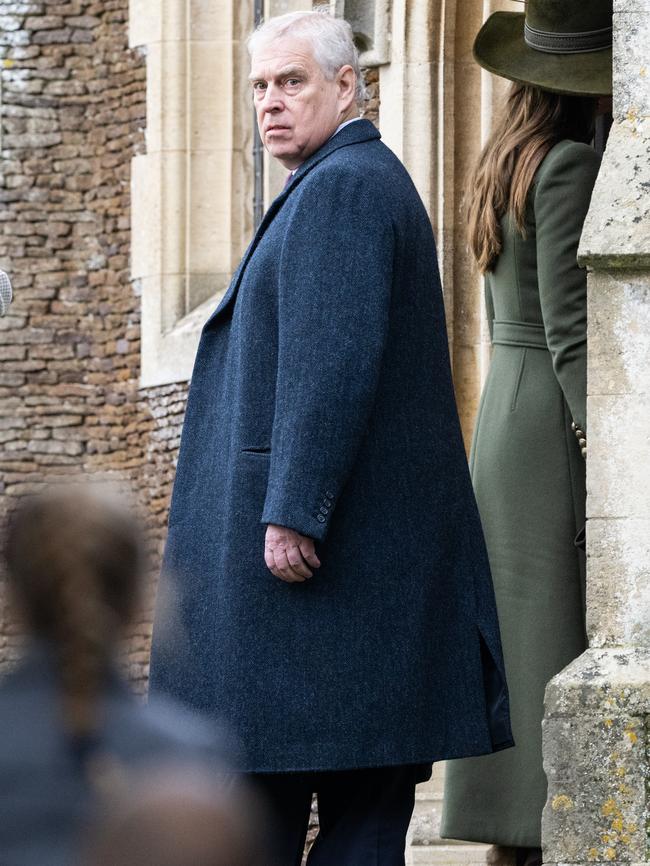
“The queen’s death and her funeral provided Australians with a great insight into the monarchy and basically what they saw they loved,” Abetz says. “The support for the monarchy in the opinion polls showed that when they were exposed to the monarchy the Australian people warmed to it.
“And interestingly, after her demise, with King Charles now, the support for the monarchy has stabilised or in fact increased slightly, which indicates that people see it more as an institution as opposed to who the sovereign might be.”
The King’s coronation, with its gilded feudal glamour, is likely only to further cleave the divisions between republicans and monarchists. But will it help one side to prevail over the other?
The Albanese government is moving slowly to reignite the push for a republic to allow it to potentially hold a referendum on the issue in its second term if re-elected. It has appointed an
Assistant Minister for the Republic, Matt Thistlethwaite, who is overseeing a “national consultation tour” to gauge public opinion and shape a campaign to cut ties with the monarchy. Abetz describes this as propaganda at taxpayers’ expense.
But so far the government has moved slowly and quietly on the issue so as not to distract attention from the referendum it is holding this year on the voice to parliament. If the voice proposal is defeated, it may make the government less inclined to invite a second referendum defeat on the republic unless it is confident of success. Peter Dutton has said he doesn’t believe Australia should become a republic.
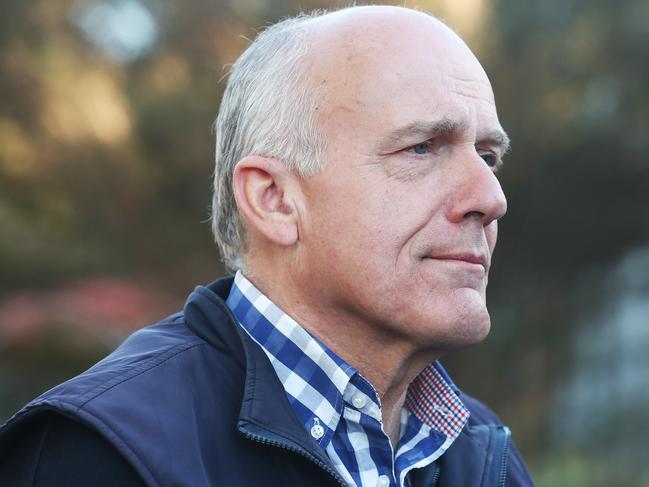
Opinion polls on support for a republic are notoriously unreliable, with the quality of some polls dubious at best where the outcome is often predetermined by the way the question is worded. But a broad summary of polls suggests a second referendum on a republic, which could be held as early as 2025, would be close.
Although the republic referendum in 1999 was rejected, with 45 per cent supporting it and 55 per opposed, there was consistently high support for the concept of a republic between 1994 to 2008, even if there was disagreement on the model of choosing a head of state. But then general apathy about the republic debate set in, with many polls across the next decade showing a small majority in favour of remaining a monarchy. Many prominent republicans, including former prime minister and former ARM head Malcolm Turnbull, believed there was no point holding a new referendum until after the queen’s death.
Ironically, the queen’s death and the enormous publicity given to her funeral had the short-term effect of increasing support for Australia remaining a monarchy.
A Roy Morgan poll conducted shortly after the queen’s death in early September last year that forced respondents to choose one side or the other showed 60 per cent of Australians wanted to remain a monarchy. But by January this year a Resolve Political Monitor poll found support for a republic had rebounded from 36 per cent to 39 per cent, while those against the change fell from 37 per cent to 31 per cent with 30 per cent undecided. A key takeaway for republicans is that Charles is less popular than his mother or his heir, Prince William. A Roy Morgan poll found only 44 per cent gave the 74-year-old King a “positive rating” compared with 71 per cent for the queen and 63 per cent for William. But does this matter?
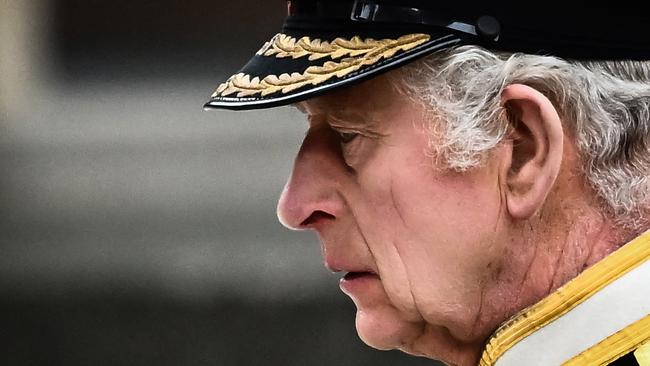
The ARM says the biggest challenge for the movement is getting the model right in the next referendum. It has tried to learn the lessons from the surprise defeat in 1999, caused largely by a split among republicans over whether an Australian head of state should be chosen by parliament or by the people. The ARM’s proposed model in 1999 of a head of state being appointed by a two-thirds majority of a joint sitting of parliament might have succeeded if not for breakaway republicans who preferred to vote No because their model of a directly elected president was not offered.
The sabotaging of that referendum by those direct-elect republicans turned out to be one of the greatest own goals in politics, guaranteeing that Australia retained a monarchy for a further quarter of a century, with no guarantee of future success even today.
To avoid a similar debacle, the ARM says it conducted broad public opinion research in 2020 and 2021, consulting with more than 10,000 Australians and receiving 1300 submissions to try to decide on the best model for choosing a president to take to a referendum. It has chosen what it calls the Australian Choice Model – effectively a hybrid of the parliamentary choice and direct election options.
Under this model a president would be directly elected out of a field of up to 11 nominees with one presented by each state and territory and three presented by federal parliament.
Foster says the ARM’s research suggests this model would win the most support, with its surveys showing about 73 per cent of Australians would back this model.
“It represents a hybrid position between the more minimalist position from 1999 and that of the direct electionists and Australians who voted for citizen involvement in 1999,” he says.
But the concept of a direct election for a head of state position that is largely ceremonial seems like overkill to many, imbuing that person with more perceived power beyond their main role of cutting ribbons. As Neville Wran once said: “If someone running for president wasn’t a politician when they nominated, they would be by the time they won.”
It’s a mishmash of nonsense, Abetz says of the ARM’s model, arguing that it will result in a popularity contest rather than someone who was properly qualified and able to do the job. Turnbull is also critical of the model, although he says he would vote for it if it were offered in a referendum.
“I don’t think it is ever likely to be put to the people, let alone carry the day if it were, because it will be seen by many to embody the weakness of direct election and parliamentary appointment models but the strengths of neither,” Turnbull wrote last year.
Although the ARM is hoping to capitalise on the coronation and the focus on Charles as King, it is deliberately campaigning at half-throttle until the voice referendum – which it strongly supports – is held, at which point it plans a full-blown campaign.
“The voice is up first and we don’t want to be overshadowing it,” ARM co-chairwoman, former Olympic gold medallist and former Labor politician Nova Peris says. “But us becoming a republic is not about erasing 250 years of history, it is acknowledging the thousands of years of ancient history as well as acknowledging the 250 years of this modern era – it incorporates everything and it also gives the opportunity for our multicultural brothers and sisters who have come to this country to swear their allegiance to an Australian head of state.”
Foster, an activist and former Socceroo who was appointed in January, has aligned the ARM closely with progressive causes beyond the question of a republic.
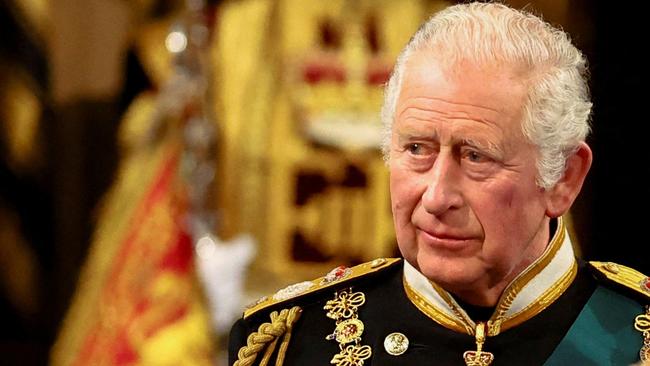
“All of the broader social movement towards truth telling, gender equality, historical justice and institutional and political representation for multicultural communities is leading Australia naturally on a path towards complete independence with an Australian head of state and formal separation from the crown,” he says. “Most Australians are coming to understand that this formal link to an institution that is facing probing questions about institutionalised racism, accountability for slavery and the impacts of colonisation is founded on notions of human specialness and hereditary position, is no longer appropriate or reconcilable with the face of contemporary Australia.”
It remains to be seen if Foster’s fire-and-brimstone approach alienates political conservatives who also support a republic. In the end, both sides of the debate are maintaining the positions they have held for more than 20 years.
For republicans it’s about symbolism, about having an Australian to head a modern, sovereign nation rather than an unelected monarch. The devil will be in the detail of how that question is put at the next referendum. For monarchists it is about keeping a system they say has worked.
“Our constitutional monarchy works exceptionally well,” Abetz says. “There’s nothing broken about it. There is no need to fix it.”
But Foster believes a change is coming and will be only hastened by the King’s coronation.
“We are republicans by nature,” he says. “The only question is when we will get there.”


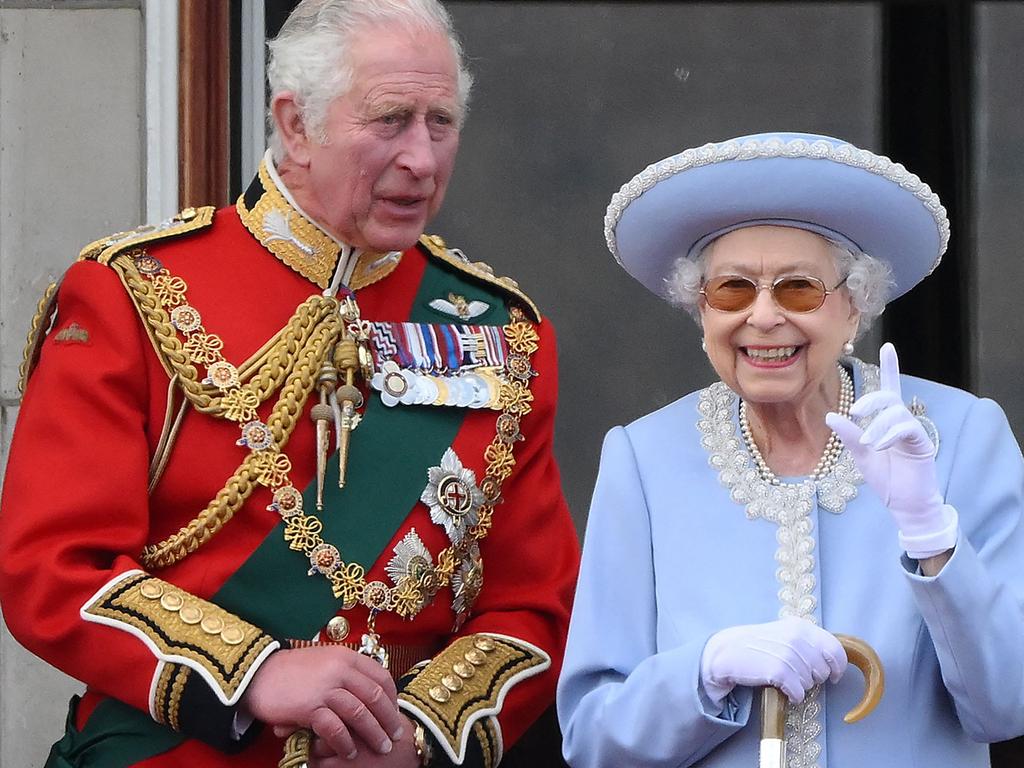
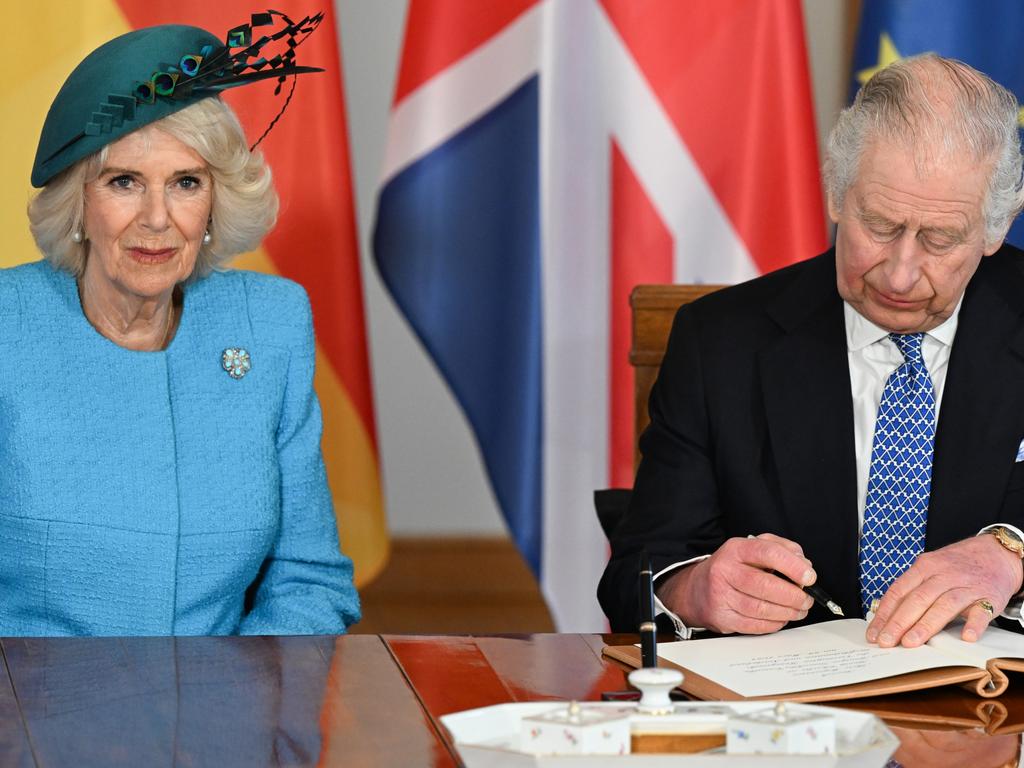
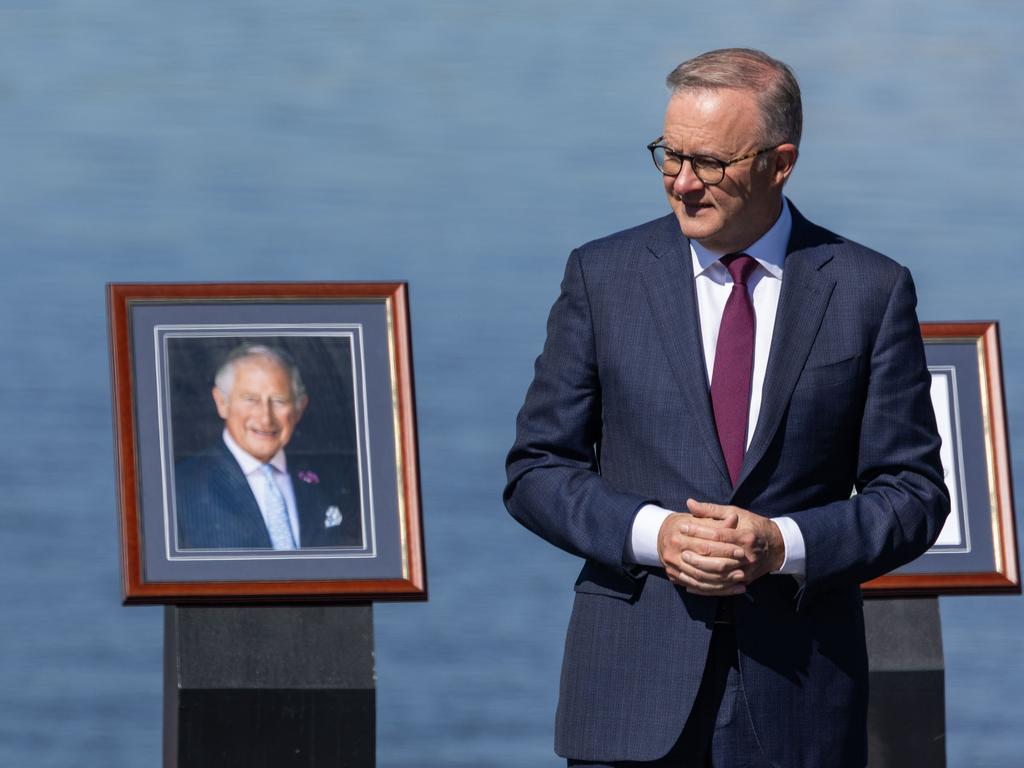
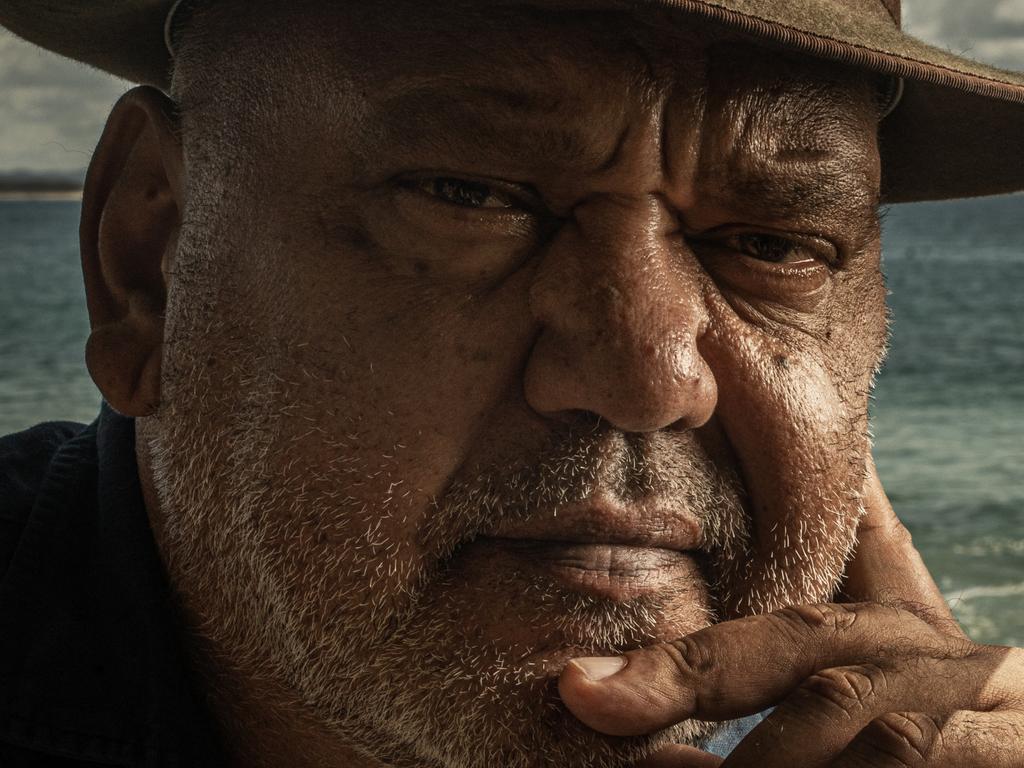


When the royal crown is placed on the head of King Charles III in Westminster Abbey next week, it will be a moment the Australian Republic Movement has long waited for. Not because the ARM has any affection for the newly crowned King, who they claim is unpopular and has little emotional connection to Australians.